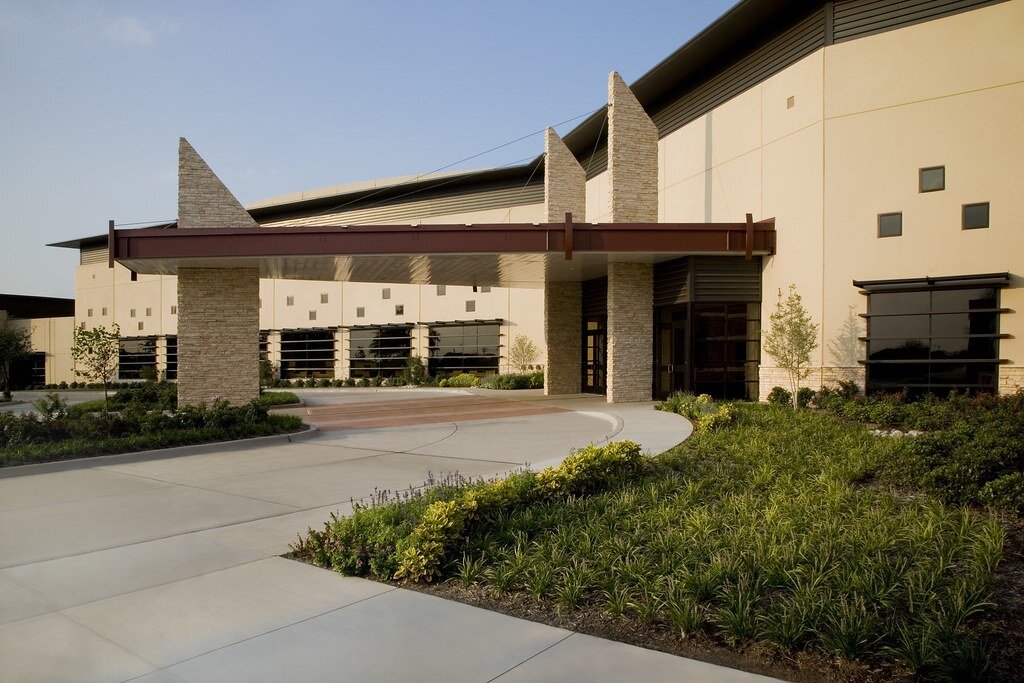The whole point of me writing this out isn’t to convince anyone of anything but to rather help simplify and focus other’s thoughts on why they believe or don’t believe in Jesus and Christianity so that they can feel confident in whatever they choose to believe. Because I think it’s as important for one to understand why you don’t believe in something as it is to understand why you do believe in something. And Christianity and spirituality can be hard to navigate without a good place to start...and really I just sit in my room and think about philosophical things too much and occasionally decide to write them down.
So on Monday, I was looking at my work calendar and trying to figure out my schedule for the week and realized we had Friday off. And while I’ll never complain about having a day off for any reason, I thought that was weird because while I get the significance of Good Friday and having it off, I found it interesting that a company that's not Christian would have the day off because it's not one of those commercialized Christian holidays like Christmas or Easter (although my family wasn’t really into the Easter eggs or Easter egg hunting thing and, for sure, never did Easter presents).
The whole thing got me thinking about how the reason we get certain days off is, at least theoretically, so we can remember its significance in history. We get MLK Day off so we can remember all the great things Martin Luther King, Jr. did and stood for in our country. We get Memorial Day off so we can remember all the lives lost fighting for our country. But with Good Friday being a very specifically Christian day of significance and the US not being a Christian country (which I really don’t think exists actually), what would it look like for everyone to think about Good Friday?
The thought made me think of Easter because Good Friday is only as significant as Easter is for anyone. And that brought me to my occasional moments of doubt around Christianity. I generally like to be critical of things before I accept them as truth and love to play the devil’s advocate around any ideas or thoughts I come across. For example, I’m reading The New Jim Crow and halfway through chapter two, I quickly started to wonder what the counterarguments to her statements were and whether all the data is accurate even though I agreed with the what she said because it’s a good thing to do and something you learn to do in medical school when reading research articles (which doesn’t mean one should disregard factual information from experts for the sake of “there’s two sides to every story” because that’s how you end up thinking the world is flat or become an anti-vaxxer ..insert side glance emoji here).
“Good Friday is only as significant as Easter is for anyone”
Anyways (sorry I’m quite a tangential thinker and thus writer), my small group had a Zoom church service where we listened to a recorded worship service and sermon together early in the days of quarantine. I can’t remember why, but for some reason during the middle of the sermon, I had the overwhelming thought, “What if this isn’t real and is all made up. It’s quite a crazy thing to believe.”
And having grown up in the church and been raised to not trust what authority figures say simply because they said it (this backfired on my parents once I became a teenager but was great in the long run), it’s not the first time I’ve had this thought. In high school, I would answer these questions of doubt by simply pointing out to myself that I’ve always believed the Bible to be true. Although there’s nothing inherently wrong with that, if one’s belief in Christianity can simply be chalked up to, “Well you grew up in the church (or Bible Belt) and that's why you believe what you do,” then it comes into question whether your belief or unbelief is relative to the geography and circumstances in which you grew up or an absolute belief in what you have inquisitively examined and determined to be true. Some would argue that what religion you believe in is due to where you grew up and if that is true, then Christianity is more geographical truth than absolute truth...and that eventually becomes shaky ground to base your life around because we all begin to question the beliefs and ideals of parents and our childhood sooner or later as we grow up.
But as I grew in understanding of the gospel and theology in college through a lot of reading, trying to share it through Young Life, and going to Austin Stone, I realized the foundational element of Christianity boils down to belief in the resurrection of Jesus. It is a historical fact that Jesus was a real person in human history (he’s not just in the Bible, but also in both Jewish and Roman history). So it is an absolute fact that he was born, that he lived, and that he died. And while we celebrate Christmas -- his birth -- (and Good Friday -- his death), those days are really only significant if his resurrection -- Easter -- is true because every human who has ever lived was born, lived, and died. But Jesus claimed that he would die and then rise from the dead in three days, and if he did indeed do that, then everything else he said is true. And if you can believe that Jesus could rise from the dead, then honestly everything else in the Bible isn’t hard to believe because if you can control and conquer death, what can’t you control and conquer? But if you can’t, you’ll be hard-pressed to believe Jonah quarantined in the belly of a whale for a few days and Moses parted the Red Sea by any means let alone sticking his staff in the sand.
“Ultimately, almost everything we trust and believe in requires some element of faith.”
(back to my Zoom church doubt...told you I’m a tangential thinker) So I had my moment of doubt and given my belief in Christianity firmly standing on the belief that He, in fact, rose from the dead, I Googled what atheists might say about the resurrection (they would put resurrection in air quotes, I’m sure...I only say that because I almost put them in quotations to accurately portray their probable sentiment...no atheist confirmed this parenthetical, unnecessary tangent). To make a long story short, it made me think of both the historical reasons I believe the resurrection happened, which then made me think of my experiences with God throughout my life. By the end of the sermon, I was probably more confident in my beliefs than when I started (although probably not through the means in which the pastor intended...though I doubt he’ll complain)...(I’m leaving out my reasoning for why I believe so you can look into it yourself if you care to know more...or you can just ask me because, no matter when you read this, I’m sure it won’t be hard to get ahold of me to talk about it).
“Good for you, why should I care?” you might ask. I think it’s important and helpful because almost everyone, Christians and non-Christians, has similar questions of doubt: how can we be sure the Bible is true, if God’s in control, then why does He let bad things happen, etc. The more I’ve read the Bible, thought about it, talked with believers and non-believers, the more I’ve realized the honest answers to any of those questions ultimately don’t matter if you don’t believe God is who He says He is. And the best way to believe that is to believe Jesus was who He said He was. And the way to do that is to believe He rose from the dead.
I’m not good at Mario Kart, if anyone was wondering.
Because at the end of the day, if you don’t believe that, in a way, nothing that Christians have to say from a biblical standpoint has any bearing or semblance of significance in your life and you can have the freedom of not caring or worry about it. Like if you can say with confidence you don’t believe Jesus rose from the dead, then all the time you might spend on those questions about God, could be put to much better use. But if you do believe, then there’s a lot to figure out, and it’s a lot easier to figure out if you start at Level 1 instead of Level 52 (like no one should start reading the Bible at Revelations lol) (and you should probably learn the basics on Mario Circuit 1 before you start trying to speed turn on Rainbow Road).
“the foundational element of Christianity boils down to belief in the resurrection of Jesus”
Ultimately, almost everything we trust and believe in requires some element of faith. Even the most concrete fact requires a minuscule amount of faith. Because we can't visibly see gravity, it requires some, albeit small, faith to believe that this phenomenon is the reason why most of us can't dunk. (note that some people don’t trust scientists and thus don’t believe things that many would consider an absolute fact...whether someone believes in something or not has no relevance in something’s absolute truth and whether something is absolutely true does not guarantee belief in it if one questions the sources of validation for said truth…aka every belief/fact requires faith in something).
The point of me writing this isn’t to convince anyone of anything because there are better sources of information and guidance for that (there are probably better sources for what I’m doing with this article too, honestly). The point of this is to hopefully simplify belief in God and Jesus and Christianity to a foundational point so when everything else seems to come into question, you can ask yourself one thing and go from there: do you believe Jesus rose from the dead or not? Until you can confidently answer that question, contemplating anything else around Christianity and the Bible is simply putting the cart before the horse.





